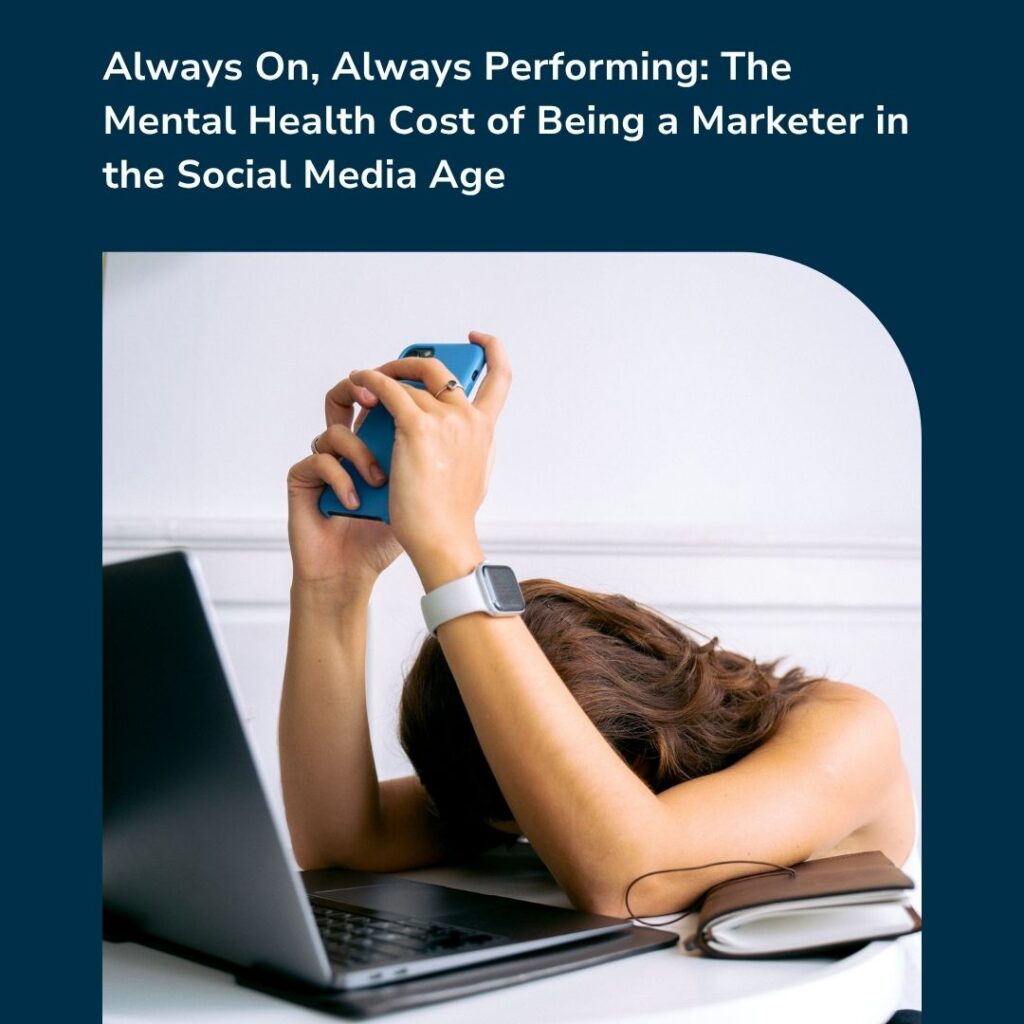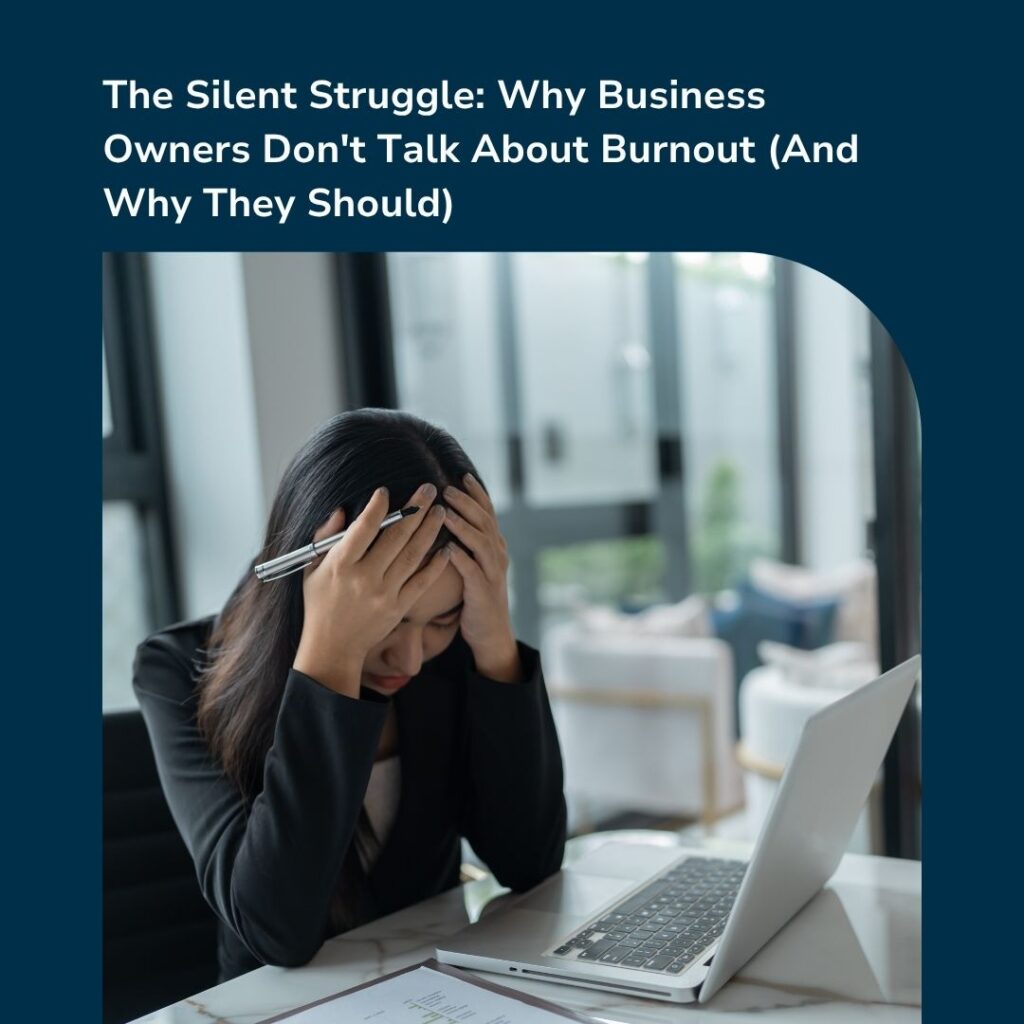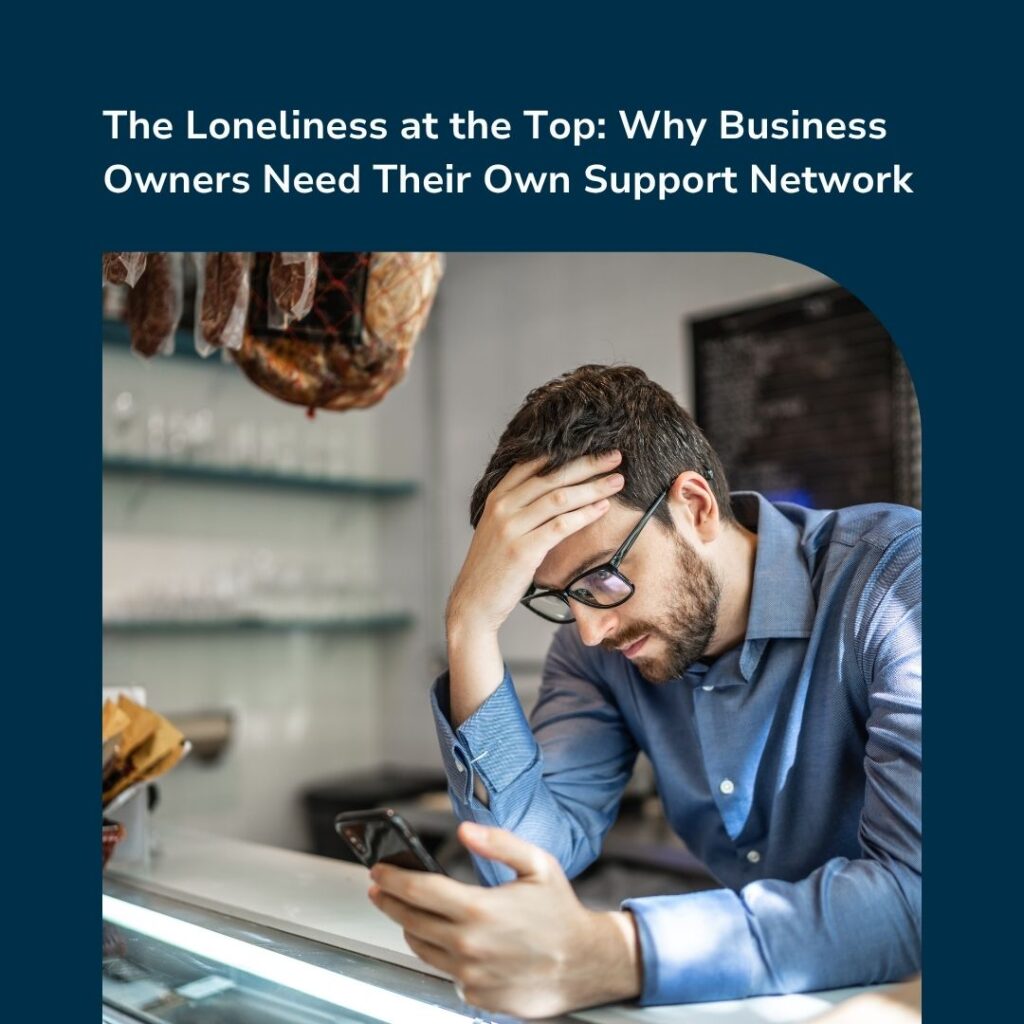[vc_row][vc_column][vc_column_text]
Keywords – Psychological Safety
What if I tell you that there is a direct relationship between a team making more mistakes and organisational success? Put simply, the more mistakes a team is allowed to make, the higher are the chances of the company being successful.
The said direct relationship between mistakes and success has been proven by both Google, through Project Aristotle, and research published in Harvard Business Review.
However, when such results are presented, our first thought is ‘high risk high reward’. In other words, companies that allow their people to fail are simply taking higher risks. And, when higher risks pay off, the reward is generally high too.
But, there is something deeper at a psychological level here.
Simply, there is no direct way of allowing your employees to fail. In fact, even if you make a big speech about allowing your people to fail, not many will take your words seriously. Such things come out as empty words.
If you actually want your people to take risks, you need to create psychological safety at work.
Psychological Safety
Many people don’t realise this but psychological safety is a collective experience, rather than individual.
Explicitly, psychological safety is an emotion within a team that promotes interpersonal risk-taking, without the fear of negative consequences.
Research in healthcare, psychology, and management; both business and behavioural; have related psychological safety with effectiveness and facilitation of ideas at the workplace. This has significantly contributed to increased learning and innovation in businesses, ultimately leading to organisational success.
Yet, the feeling of psychological safety has not been touched enough by businesses.
The Limited Emotional Understanding
Just like any other blog, before writing this one, we did some digging.
And, it is sad to see the kind of articles produced around psychological safety by businesses.
The general theme is around trying to define what psychological safety is. Then, topics directly jump into measuring psychological safety.
In short, our understanding of work and business is still too modernist. And, even when we are talking of human-centric emotions where you need a postmodern understanding, modernism comes back.
Still, if you want to measure psychological safety, look around in your next meeting and observe
- How many people are contributing to the meeting?
- Do people look like they want to get back to work, instead of discussing ideas?
- Is there a collective spirit and culture at your workplace that promotes sharing of ideas?
Yes? Then, good work.
No? Well, you need to lead by example and push your boundaries.
Psychological Safety Marketing
For us, there is an added lesson here.
We were unable to find any marketing companies that target psychological safety.
And, if it works within a business, it will work externally too when promoting a business. The human element is present in both cases.
We will get back to tweaking the idea to make it fit.
To learn more, get in touch with us today.
And, if you would like to learn more about the application of psychology to business, you will also like:
- The Importance of Customer Reviews: Applying Social Proof to Business
- Curiosity Marketing: CIA Accumulating a Large Following in Days
- Dynamically Continuous Innovation – The Mentality Your Business Needs
- Business Introspection – Understanding Your Value Before Selling
- How to Structure Important Business Information for Maximum Impact?
[/vc_column_text][/vc_column][/vc_row]









